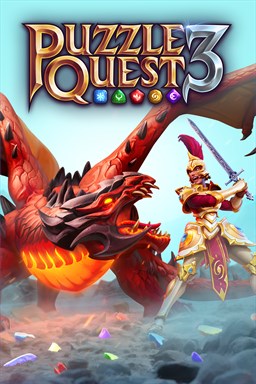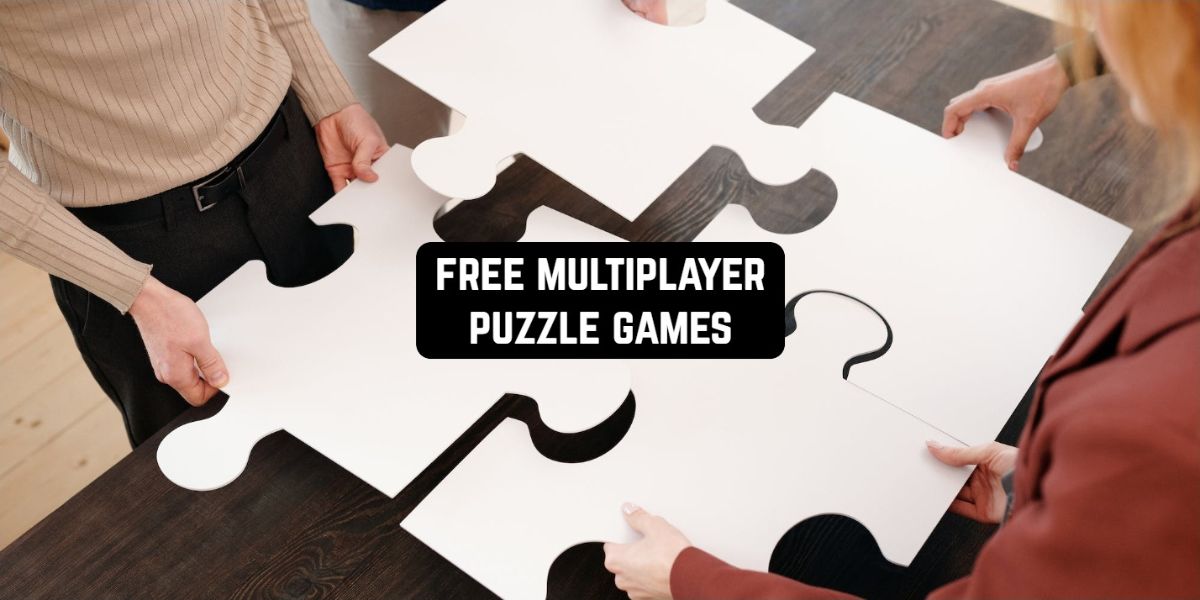Test Your Strategic Abilities in the Most Engaging Multiplayer Gamings
In the ever-evolving landscape of multiplayer video gaming, strategic skills are the keystone of success, supplying gamers an opportunity to showcase their tactical prowess throughout various genres. From the high-stakes strength of real-time technique face-offs to the meticulous preparation called for in turn-based tactical fights, each video game presents a distinct obstacle that tests the restrictions of strategic thinking. As gamers participate in participating experiences or team-based competitors, the necessity of quick decision-making and cooperation becomes apparent. What absolutely sets these games apart, and how do they press your calculated capabilities beyond traditional restrictions? The solutions wait for exploration.
Real-Time Method Showdowns
Real-time strategy (RTS) face-offs have long been a cornerstone of engaging multiplayer gaming, exciting players with their mix of tactical depth and fast-paced decision-making. These video games require gamers to take care of resources, build armies, and devise complicated strategies in real-time, frequently against equally knowledgeable challengers. The continuous stress to adapt and outmaneuver challengers in a vibrant setting is what establishes RTS video games apart, making them a favored among affordable gamers.
One of the specifying functions of RTS face-offs is the emphasis on multitasking and source administration. Players need to allocate their interest across different jobs, such as collecting sources, building structures, and deploying units purposefully throughout the combat zone. This demands quick reflexes and an intense capability to focus on actions, commonly resulting in extreme, adrenaline-fueled matches.
Significant RTS games such as "StarCraft II," "Age of Empires," and "Command & Conquer" have left indelible marks on the genre, supplying varied gameplay technicians and richly thorough globes. Multiplayer puzzle games for free. These titles have actually cultivated specialized areas and affordable scenes, where players refine their skills, study methods, and participate in high-stakes events. The allure of RTS showdowns exists in their capability to challenge gamers' tactical acumen and reflexive expertise in equal procedure
Turn-Based Tactical Battles
Turn-based tactical battles mesmerize gamers with their methodical approach to technique, contrasting the unbalanced pace of real-time interactions. These games offer players the opportunity to deliberate over each relocation, cultivating a chess-like setting where foresight and mindful planning are extremely important. Gamers should expect their opponents' activities, adapt to advancing circumstances, and perform well-balanced approaches to protect triumph. This category stresses the value of strategic deepness, compensating those who can assume multiple steps ahead.
In multiplayer settings, turn-based tactical fights end up being fields for intellectual battles. Rivals take part in elaborate mind games, anticipating and countering each other's techniques with precision. Popular games like "XCOM 2" and "Human being VI" exhibit this gameplay, urging gamers to take into consideration every feasible variable prior to dedicating to a training course of activity. The asynchronous nature permits thoughtful decision-making, making each experience a test of wits and perseverance.
Furthermore, turn-based tactical battles often incorporate varied devices and capabilities, adding layers of intricacy to every match. Gamers must balance offensive maneuvers with defensive tactics, handle sources deliberately, and optimize the possibility of their pressures. This category's long-lasting charm depends on its capacity to challenge players' calculated acumen in a managed, intentional setting.
Cooperative Approach Experiences
Past the cerebral duels of turn-based tactical battles lies the realm of cooperative strategy experiences, where teamwork and cooperation take facility stage. These games require gamers to function with each other towards usual objectives, leveraging each player's one-of-a-kind abilities and toughness to conquer challenges. The focus changes from private prowess to collective analytic, making communication and sychronisation crucial components of success (Multiplayer puzzle games for free). Titles such as "Overcooked" and "Deep Rock Galactic" exemplify this category, emphasizing the requirement for players to integrate their approaches and activities.

The appeal of participating approach experiences depends on their ability to reinforce social abilities while giving a interesting and challenging gameplay experience. These video games cultivate a sense of unity and shared purpose, offering players a fulfilling choice to traditional competitive video gaming landscapes.
Affordable Team-Based Obstacles
Competitive team-based you can try here challenges present a dynamic field where gamers pit their skills against opposing teams, highlighting both individual talent and smooth team coordination. These games require individuals to stabilize personal prowess with calculated collaboration, fostering an one-of-a-kind environment where synergy is paramount. Success in such setups usually hinges on the ability to connect efficiently, implement tactical methods, and adapt promptly to unfolding circumstances.
The engaging nature of these challenges is apparent in the diverse variety of games that supply team-based competition. Titles like "Organization of Legends," "Overwatch," and "Counter-Strike: Global Offensive" go to the center, each supplying unique gameplay technicians that demand communication and tactical acumen. In these sectors, the group's efficiency is as important as the individual contributions of its members, making every function significant to the overall outcome.
Additionally, competitive team-based games grow a sense of sociability and shared success. Gamers need to discover to count on and depend on each other, building bonds that improve the video gaming experience. The stress of encountering formidable opponents additionally magnifies the adventure, making sure that participants are continuously tested to boost their critical reasoning and gameplay implementation.
Mind-Bending Challenge Confrontations
While affordable team-based challenges highlight cooperation and method, copyright problem confrontations provide a different sort of intellectual engagement, focusing on individual analytic and cognitive expertise. These games examine the limitations of analytical thinking and imagination, calling for players to navigate complex situations and fix complex problems. Unlike team-based video games, the focus below gets on individual success and check over here mental agility, often under the pressure of time restraints or rising trouble degrees.
Gamers must exercise spatial reasoning, sensible deduction, and pattern acknowledgment. Titles such as "The Witness" and "Portal 2" offer as ultimate instances, challenging players with multidimensional challenges that demand deep concentration and innovative techniques.
In addition, multiplayer problem video games present an one-upmanship by permitting players to pit their problem-solving abilities versus others. Games like "Keep Speaking and No one Explodes" require players to communicate effectively to resolve puzzles en masse, mixing the thrill of competition with the fulfillment of joint achievement. Ultimately, these games supply an improving experience, sharpening critical thinking in an uniquely interesting atmosphere.
Conclusion
In final thought, the varied range of multiplayer video games uses an outstanding system for developing critical skills across different genres. Real-time approach showdowns like "StarCraft II" demand quick decision-making and informative post resource administration, while turn-based tactical fights highlight systematic planning. Cooperative method experiences such as "Deep Rock Galactic" emphasize team effort and partnership, whereas competitive team-based challenges, consisting of "Organization of Legends," need control and versatility. These vibrant settings jointly promote the development of critical thinking, boosting both collective and individual gaming experiences.
These games call for players to take care of sources, develop armies, and develop intricate methods in real-time, usually versus equally proficient challengers. These video games call for gamers to work together towards typical objectives, leveraging each gamer's special skills and strengths to overcome difficulties.In cooperative strategy games, gamers frequently think duties with details obligations, demanding a deep understanding of their very own capabilities as well as those of their colleagues. The dynamic nature of these games needs adaptability, as gamers need to change their approaches in real-time to accommodate advancing situations.
